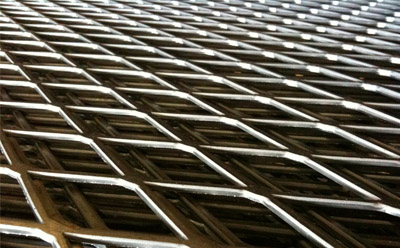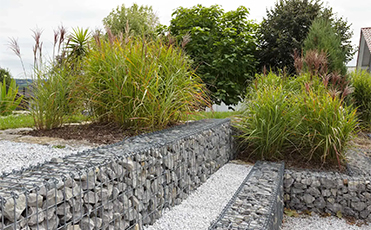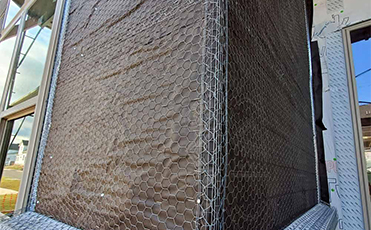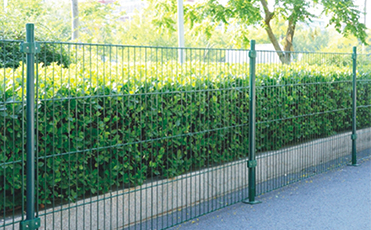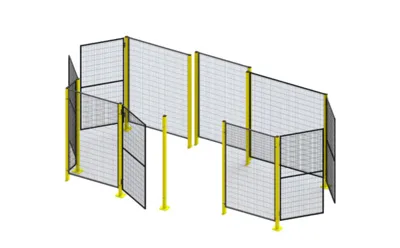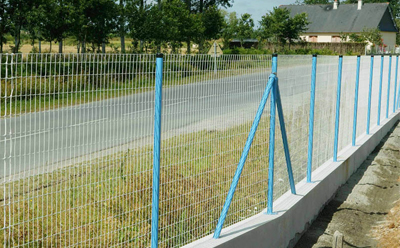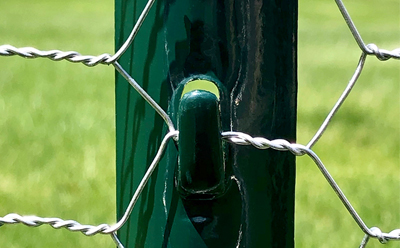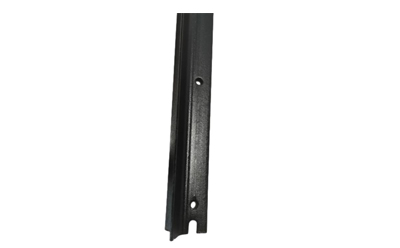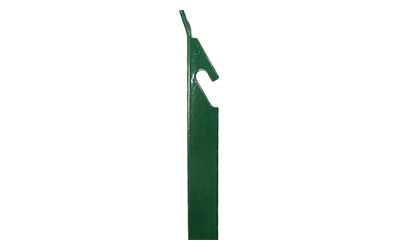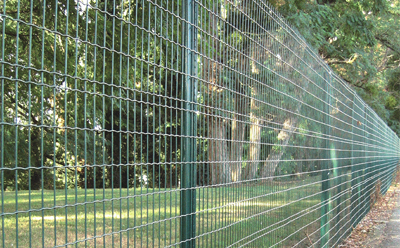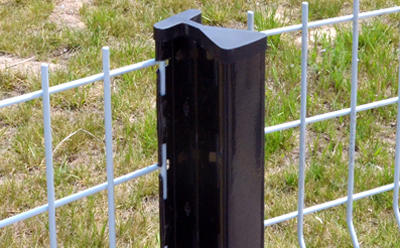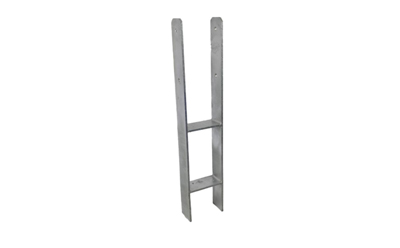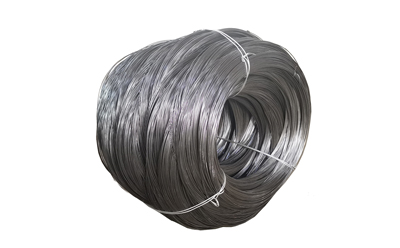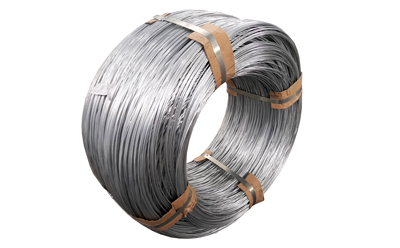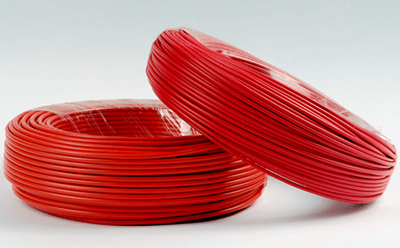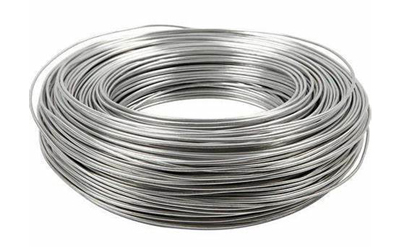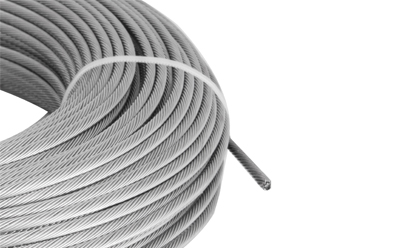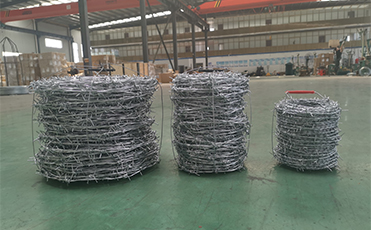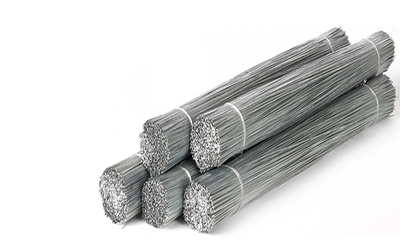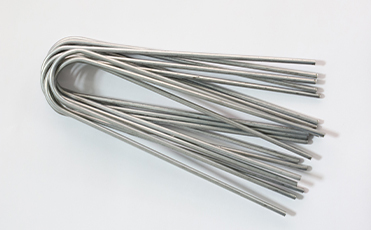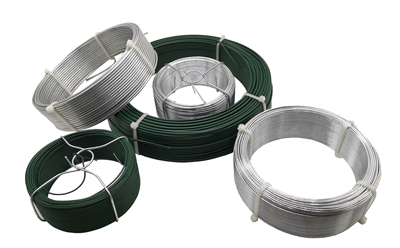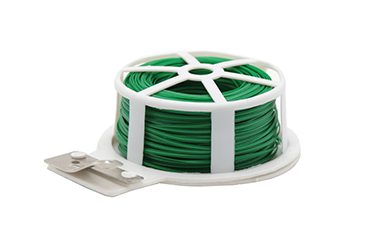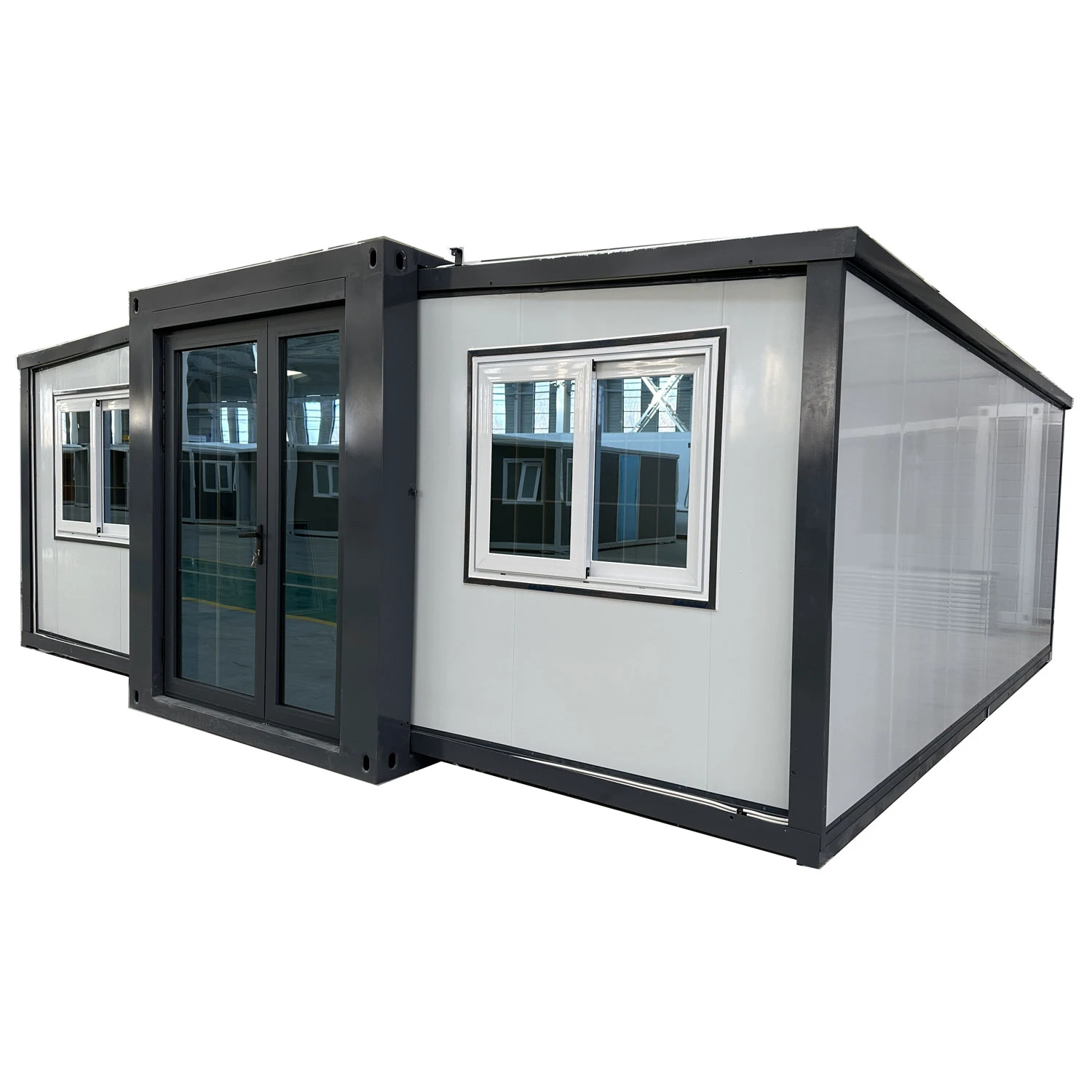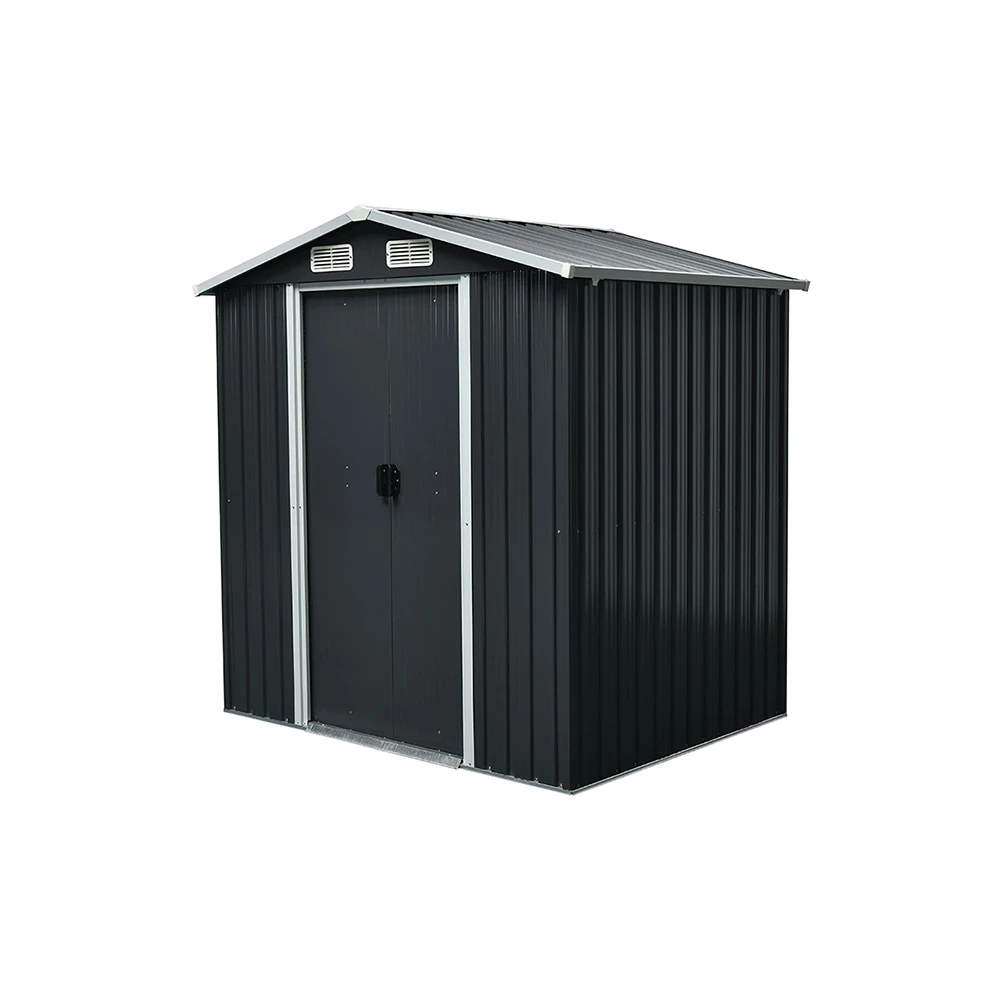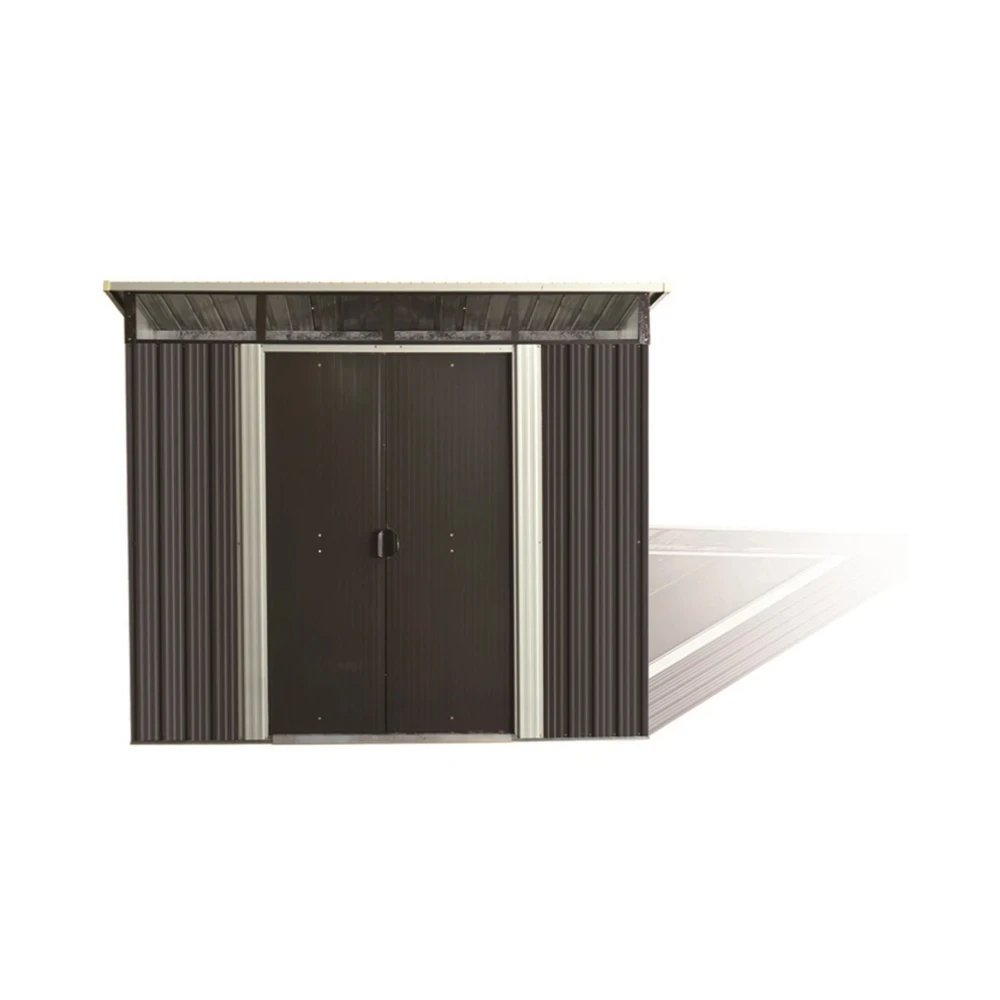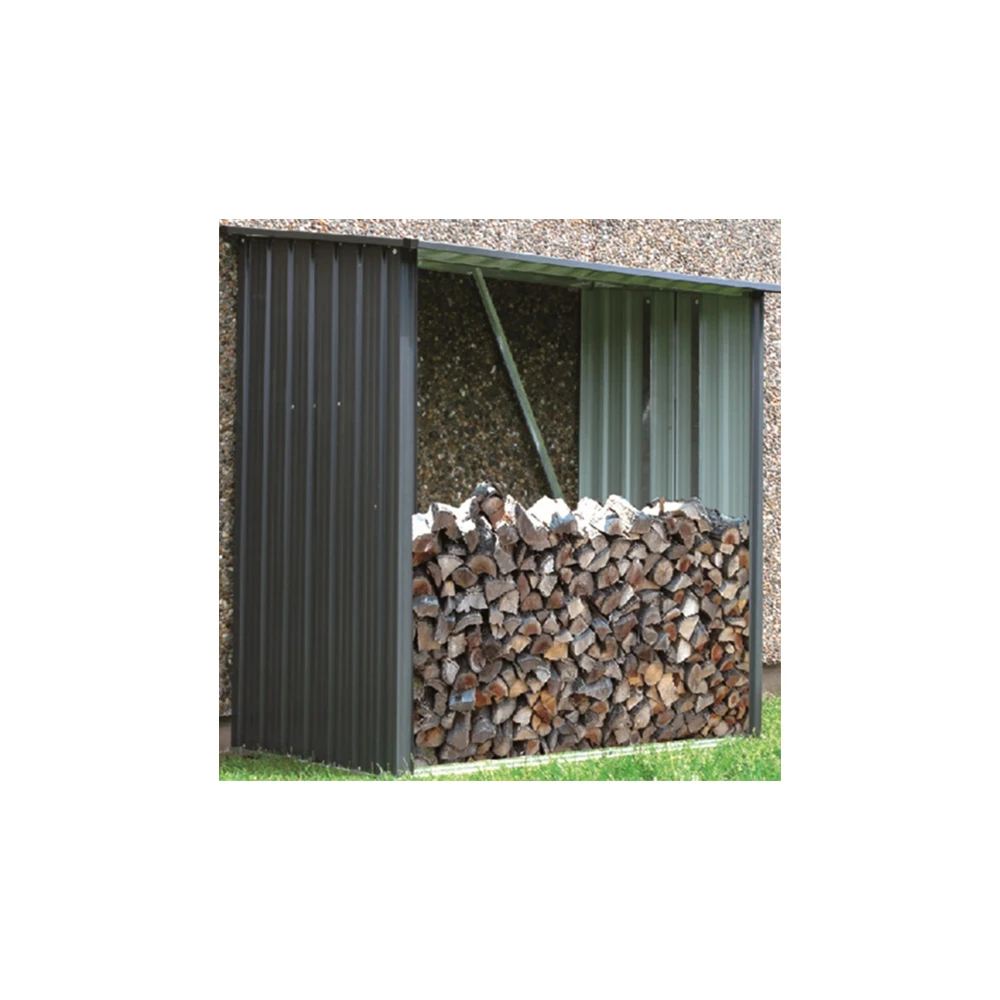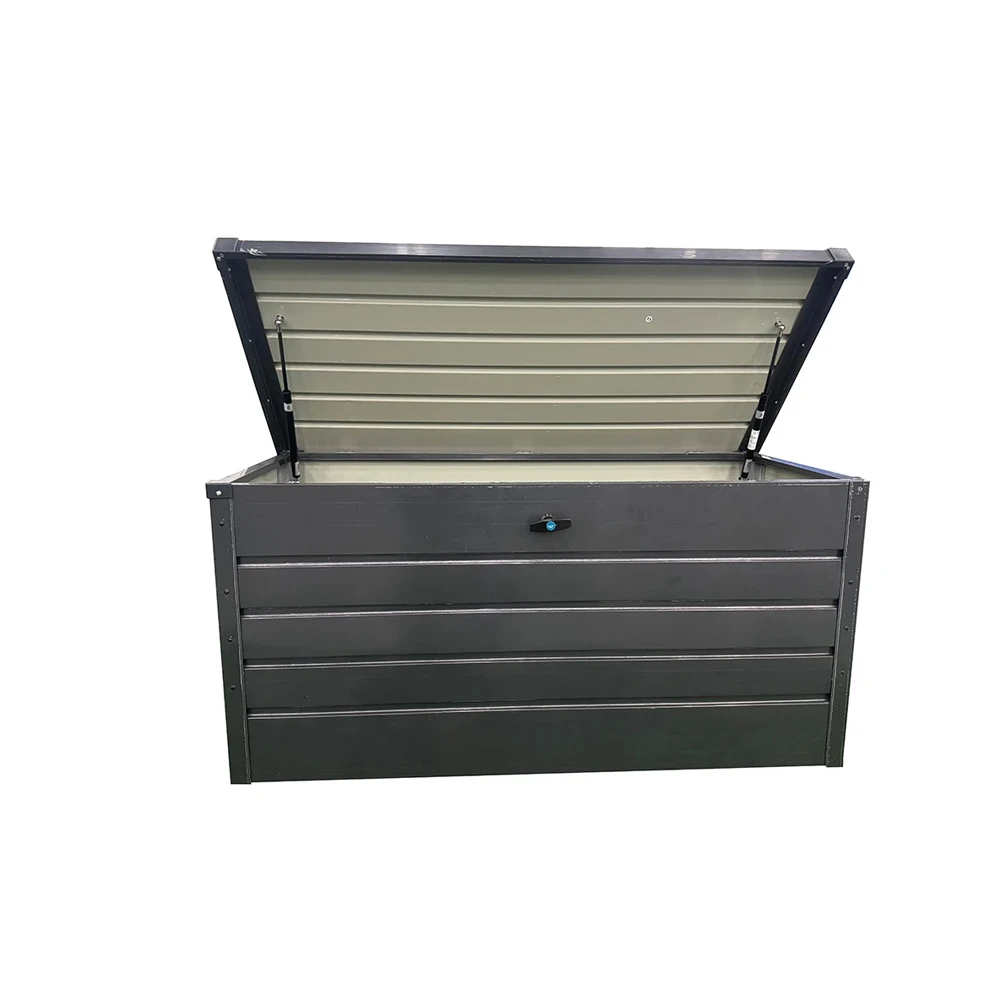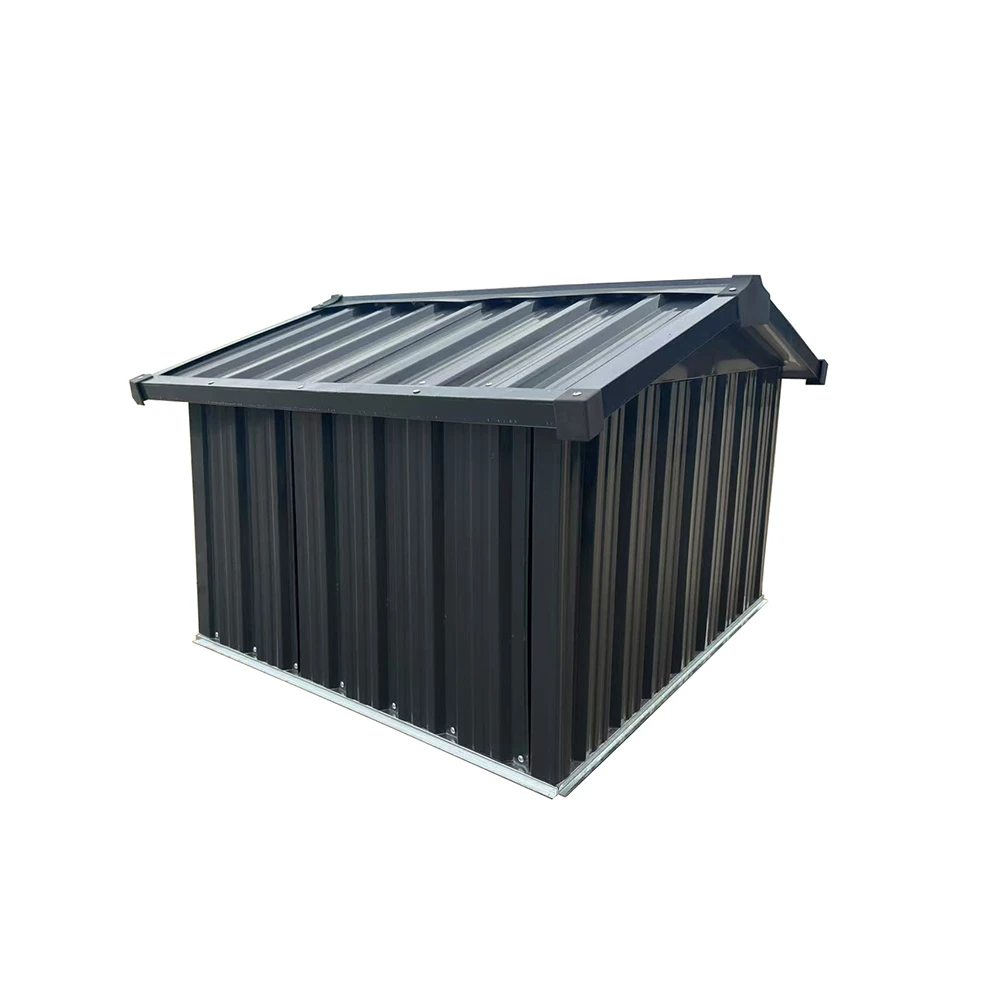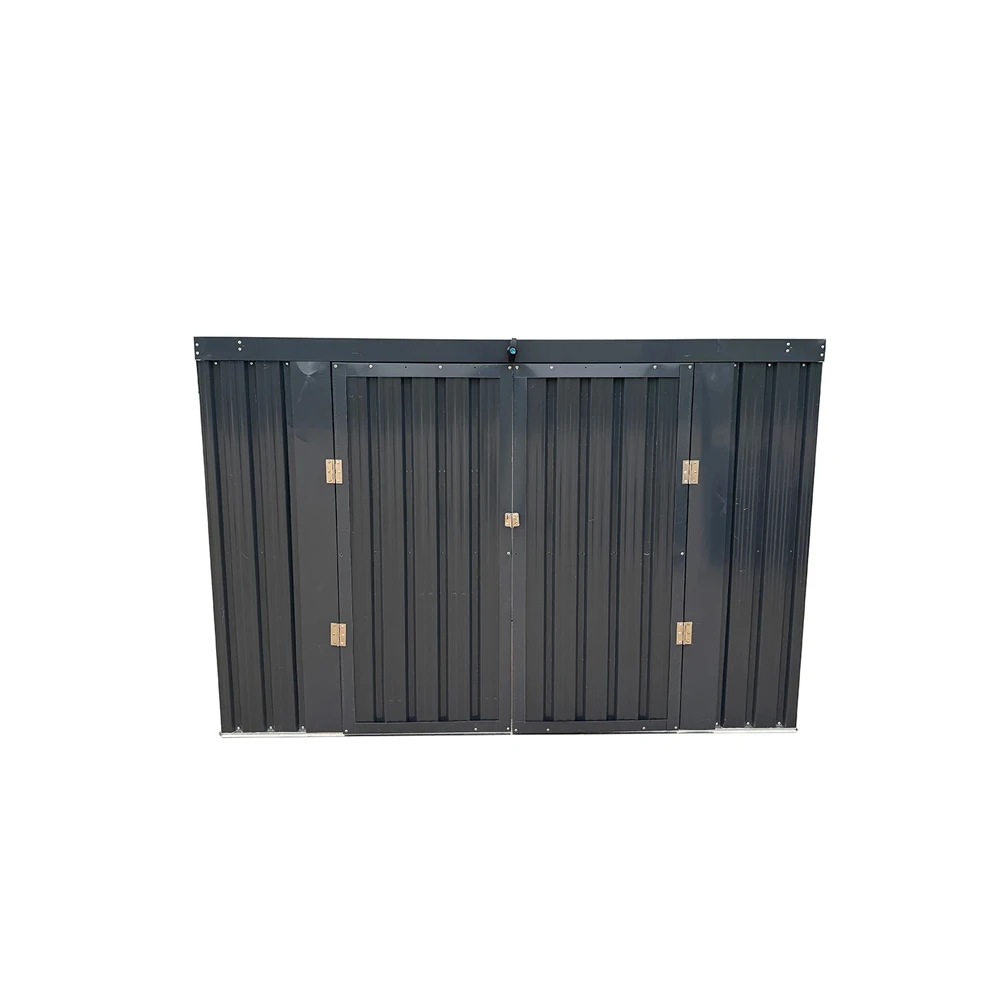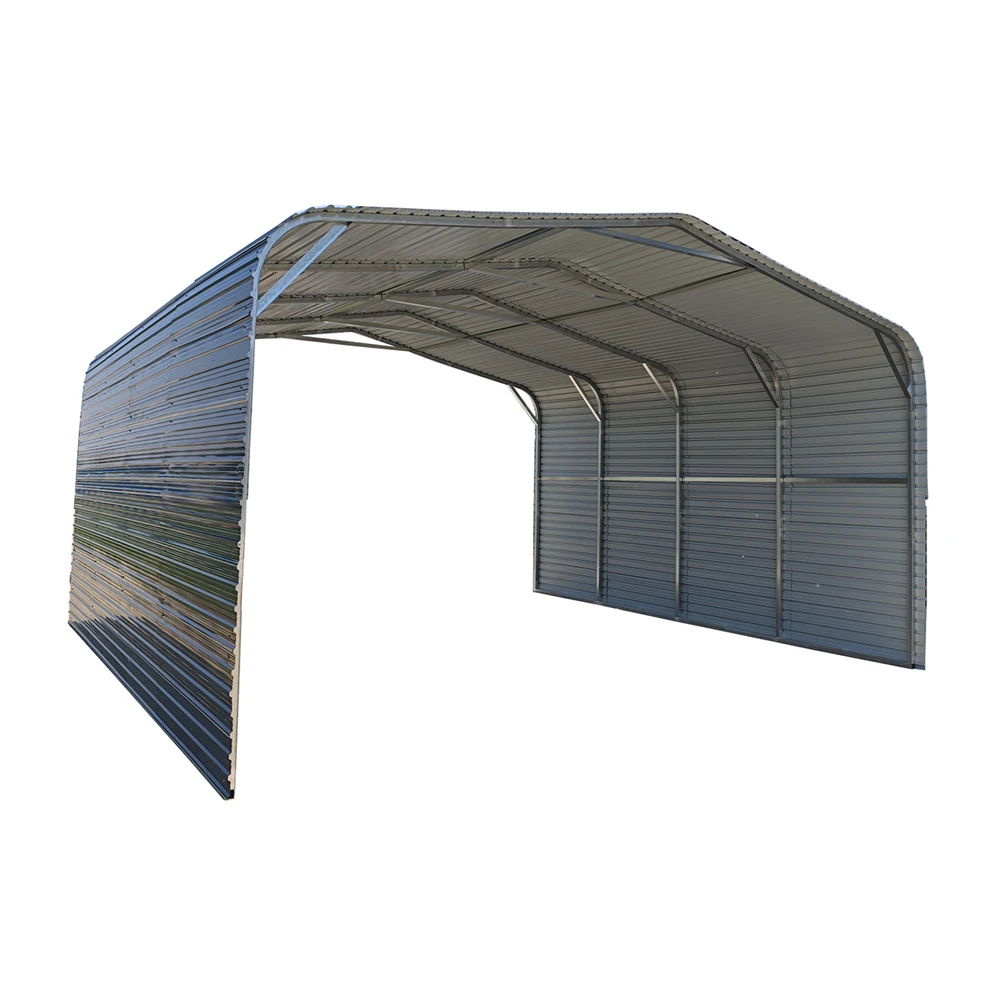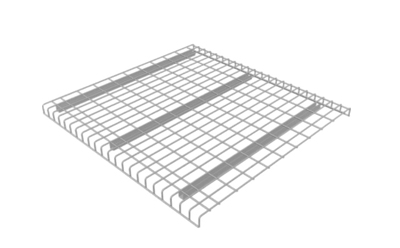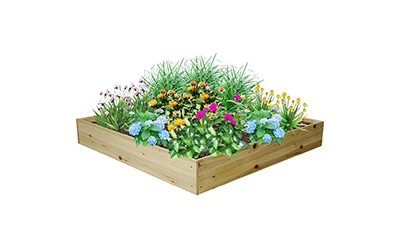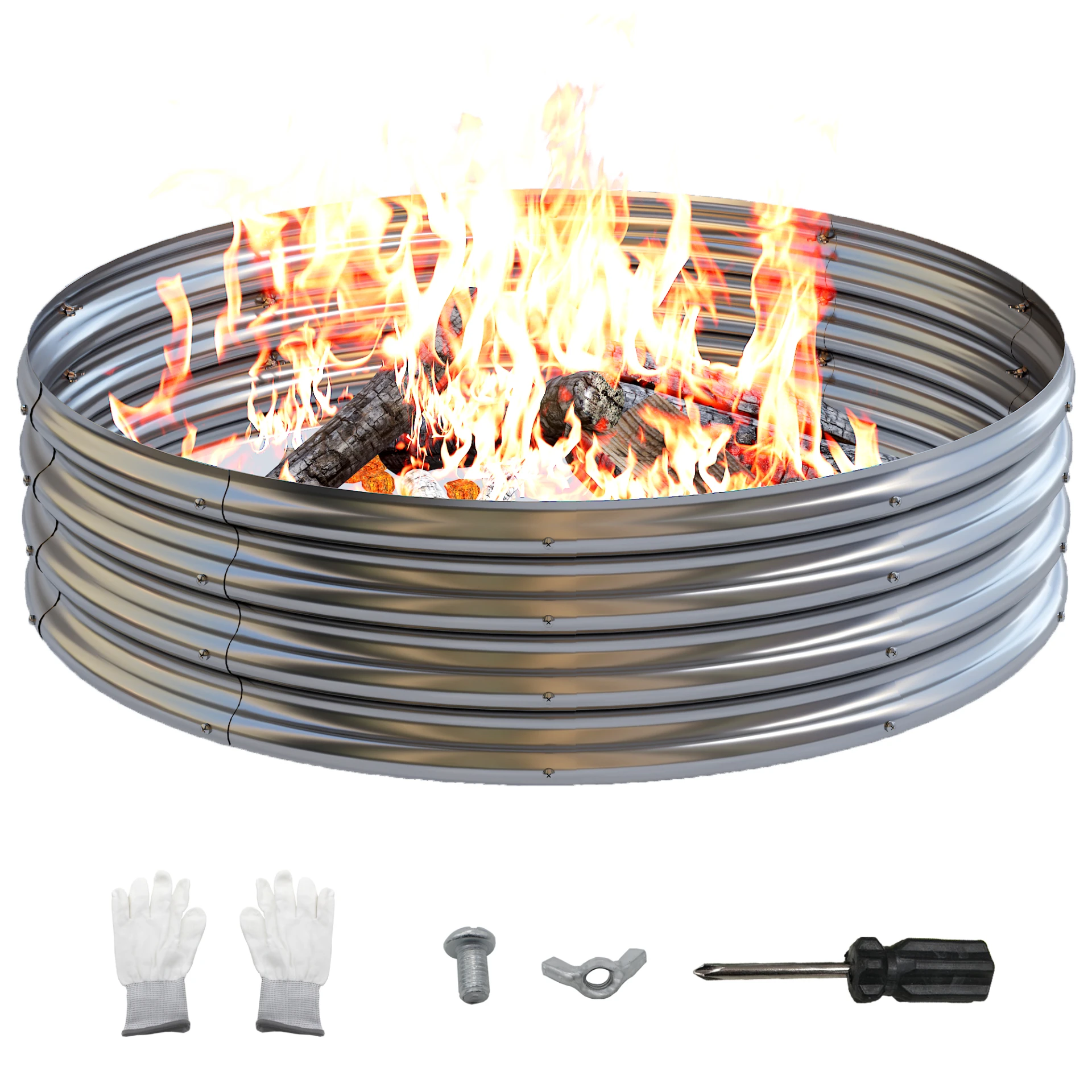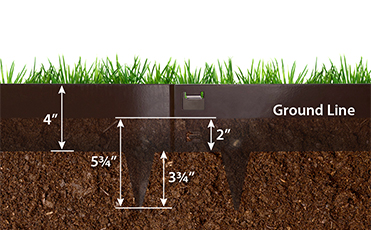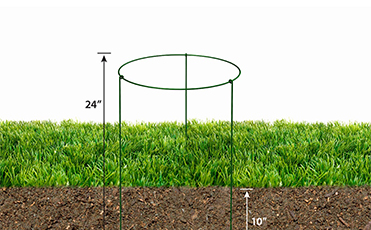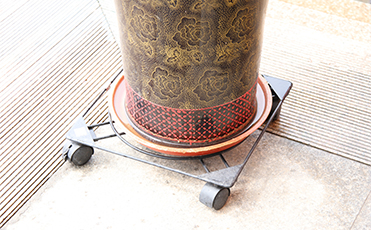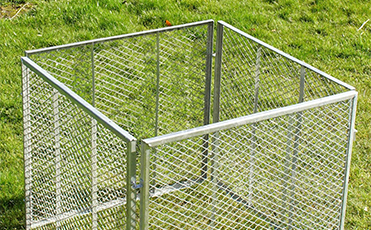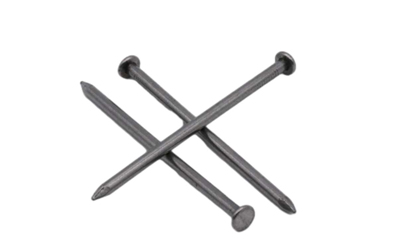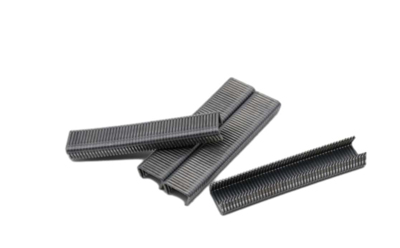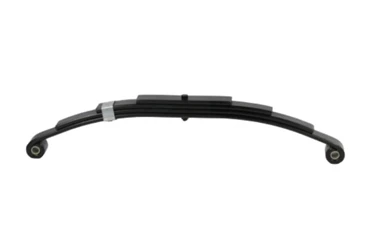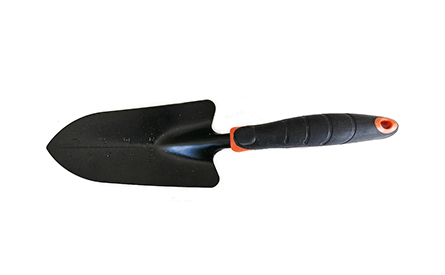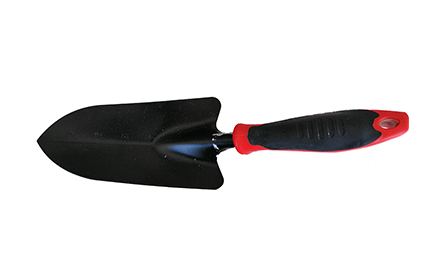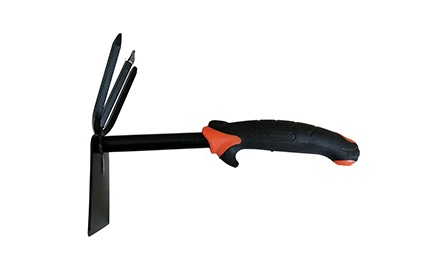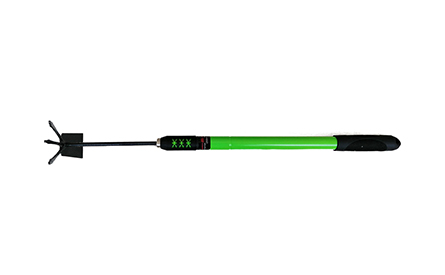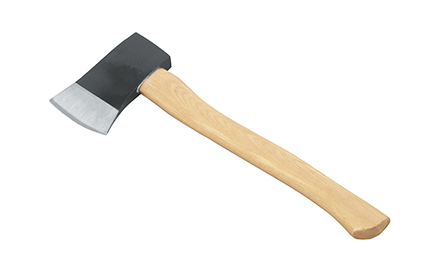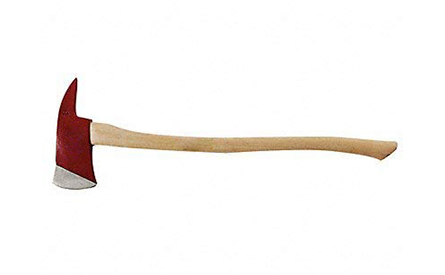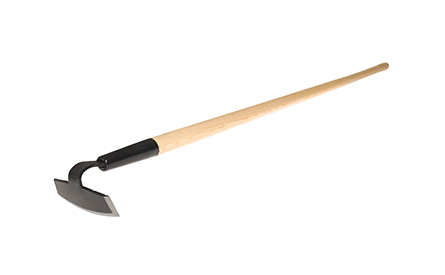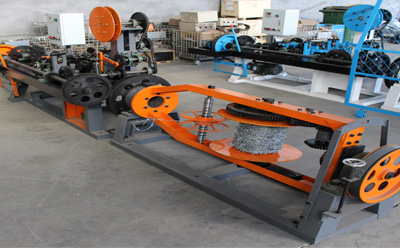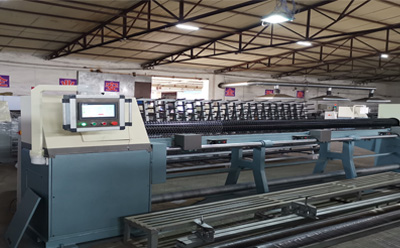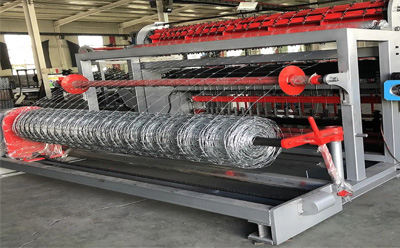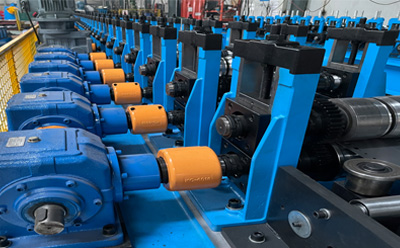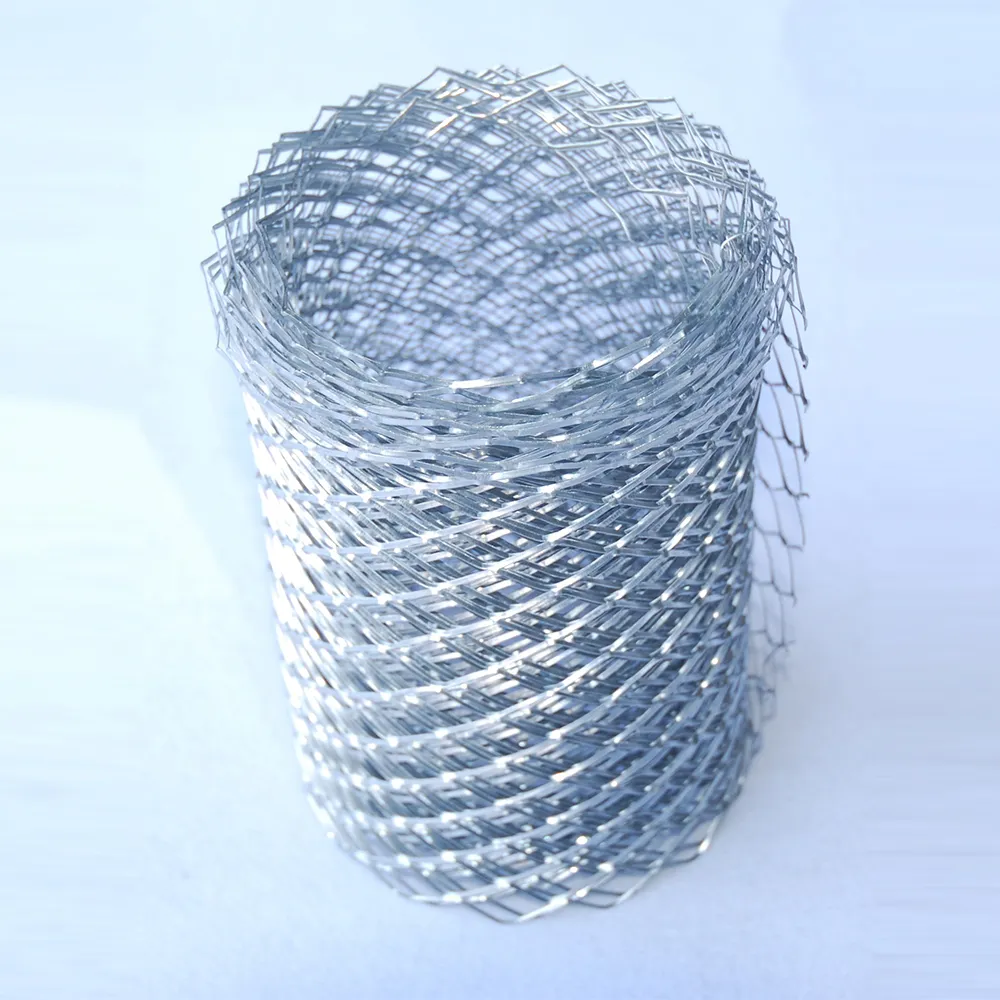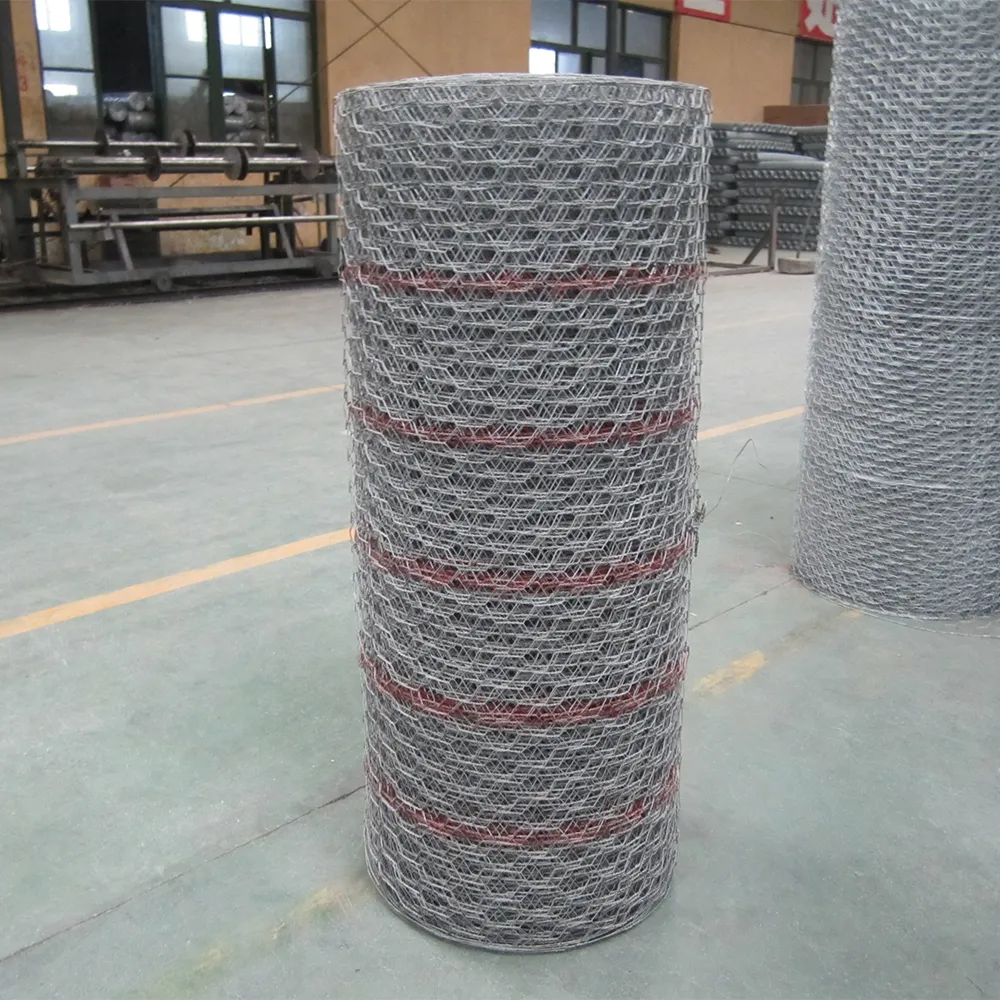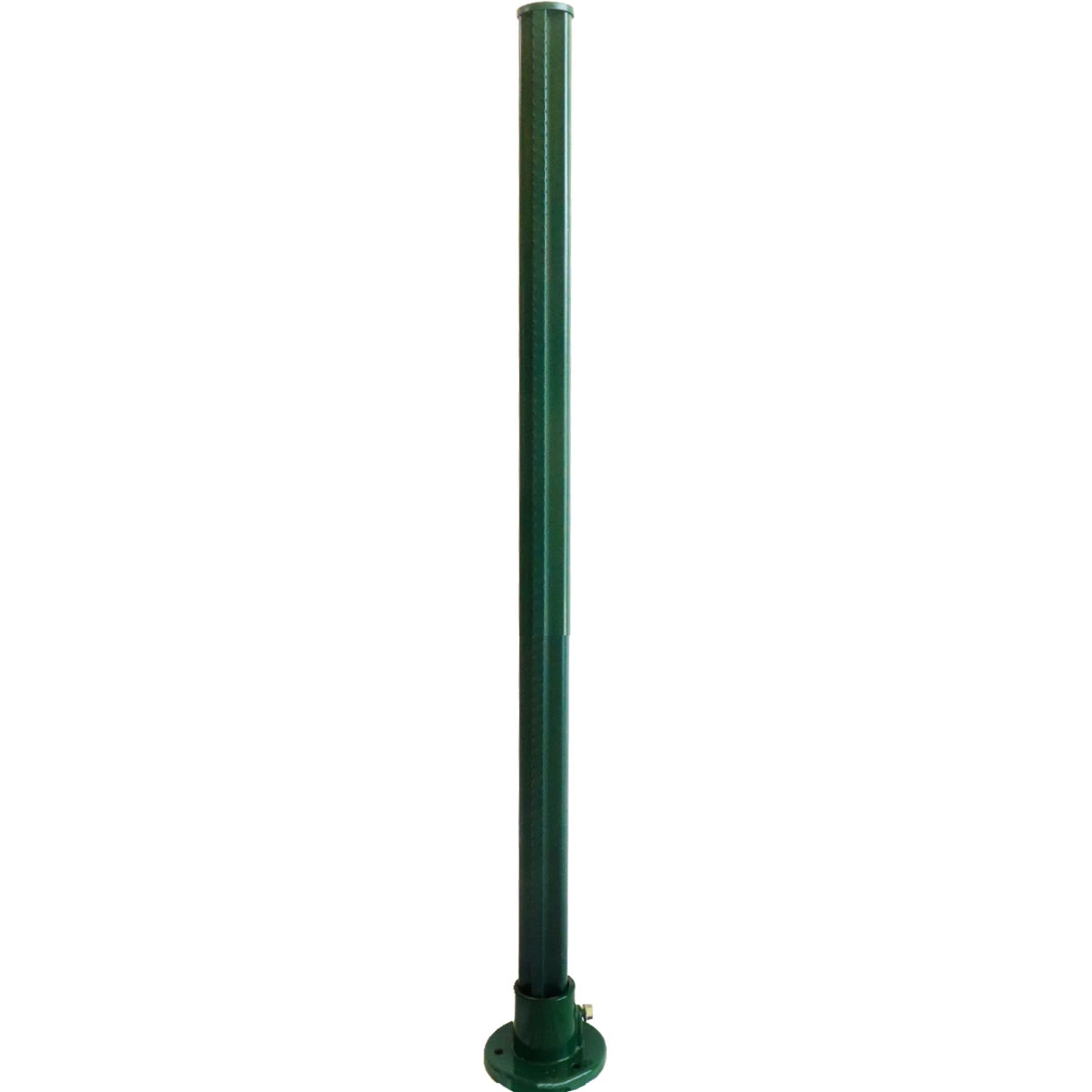Comparison of Box Nails and Common Nails for Construction and DIY Projects
Aug . 11, 2024 23:26Box Nails vs. Common Nails Understanding the Differences
When it comes to construction and woodworking, the type of nail you choose can significantly affect the durability and quality of your project. Among the numerous options available, two types that often come into consideration are box nails and common nails. While they may look similar, they serve different purposes and possess unique characteristics that cater to various construction needs. In this article, we will explore the key differences between box nails and common nails, helping you make an informed choice for your next project.
Design and Structure
Box nails are typically thinner and have a smaller head compared to common nails. The thinner profile of box nails allows them to penetrate wood more easily without splitting it, making them a preferred choice for lighter materials and delicate applications. The slightly smaller head also helps minimize the visibility of the nail once it is driven into the wood, contributing to a cleaner finish in cabinetry and other furniture projects.
On the other hand, common nails are thicker and possess a larger head. The robust design of common nails makes them ideal for heavy-duty applications, such as framing and structural work. The larger head provides a more significant bearing surface, reducing the likelihood of the nail pulling through or coming loose, which is crucial in load-bearing constructions.
Usage and Applications
Given their distinct designs, box nails and common nails are suited for different applications. Box nails are commonly used in woodworking projects, particularly when assembling furniture and creating frames. Their ability to prevent wood from splitting makes them a go-to option for working with softer woods, such as pine, where the integrity of the wood is essential.
Conversely, common nails are used in more robust constructions like framing walls, roofing, and other structural applications. The strength of common nails is particularly beneficial in situations where the integrity of the joint is paramount. They are often used in deck building, where the nails must withstand both weight and weather exposure.
box nail vs common nail

Length and Gauge Variations
Both box nails and common nails come in various lengths and gauges, allowing for versatility in their applications. Box nails generally range from 1 inch to 8 inches in length and can vary in gauge, providing options for light construction tasks where minimal visibility and damage are required.
Common nails, meanwhile, are also available in numerous lengths, but they tend to be thicker. Standard lengths for common nails can range from 1.25 inches to 6 inches or longer, depending on the construction needs. When selecting either type of nail, it is essential to consider the thickness of the wood and the load-bearing requirements of the project.
Cost and Availability
When it comes to cost, box nails are often slightly less expensive than common nails due to the materials required for their production. However, pricing can vary based on different factors such as brand, material quality, and local availability. Both types of nails are widely available at hardware stores and online retailers, making it easy for both amateur and professional builders to acquire the needed materials for their projects.
Conclusion
In summary, while box nails and common nails may serve a similar purpose of fastening materials together, their differences in design, application, and strength make them suitable for different tasks. Box nails are ideal for lighter projects that require finesse, while common nails are best for heavy-duty applications that demand strength and durability. Understanding these differences will not only help you choose the right nail for your specific project but will also ensure that your construction is safe, sturdy, and visually appealing. Always consider the specifics of your project when selecting nails to achieve the best results.
Copyright © 2025 Hebei Minmetals Co., Ltd. All Rights Reserved. Sitemap | Privacy Policy




